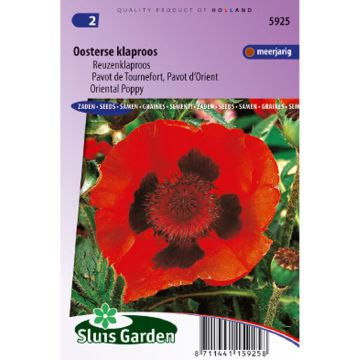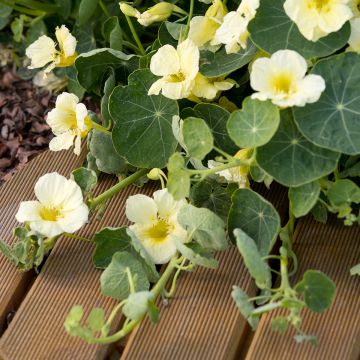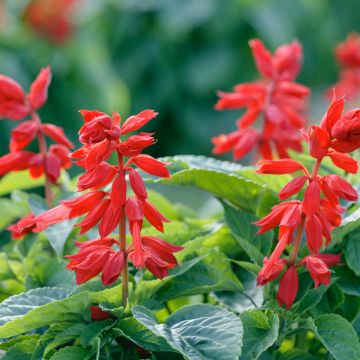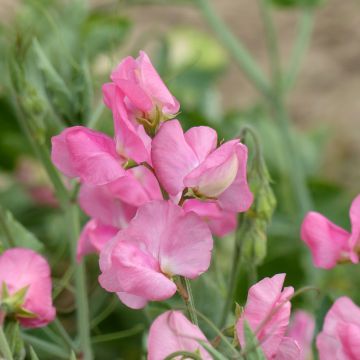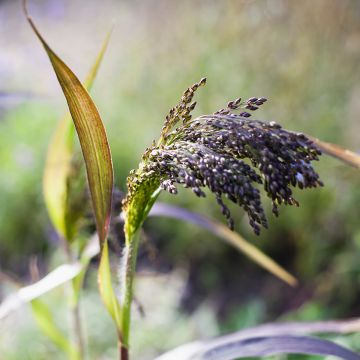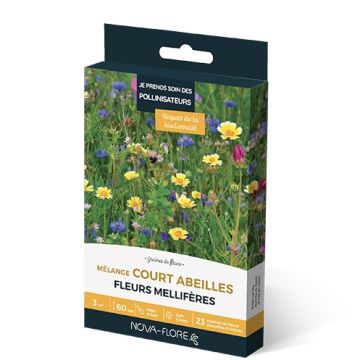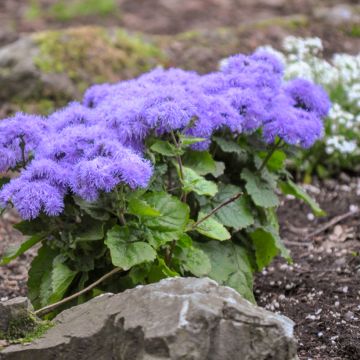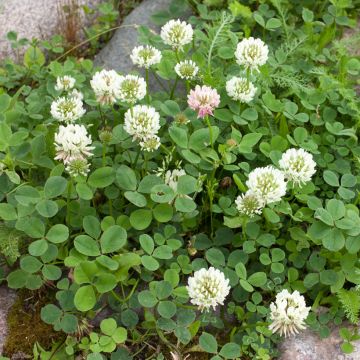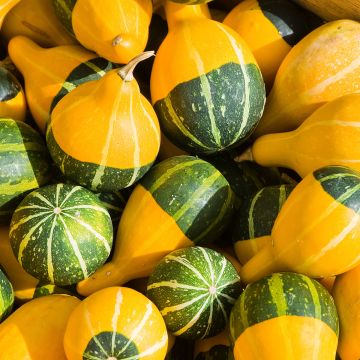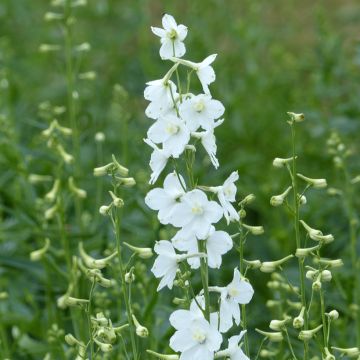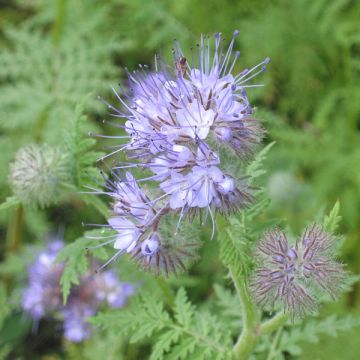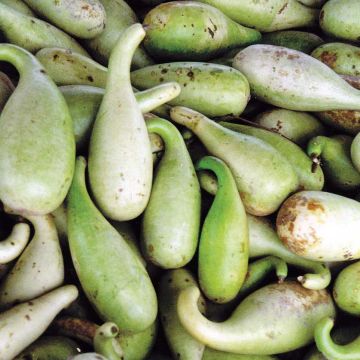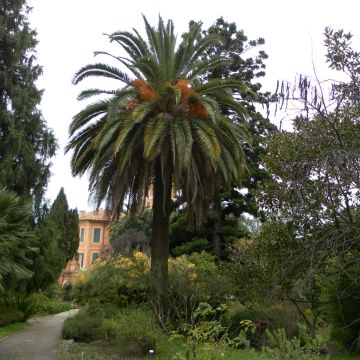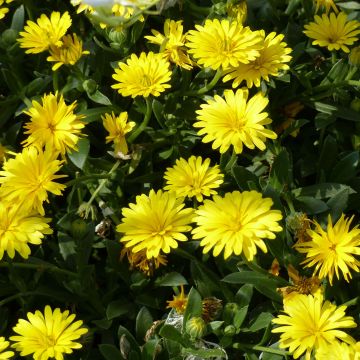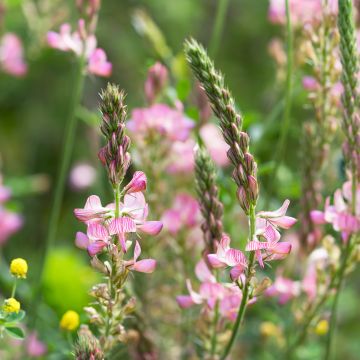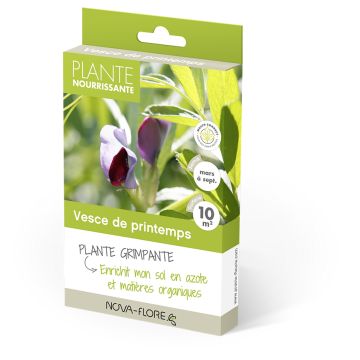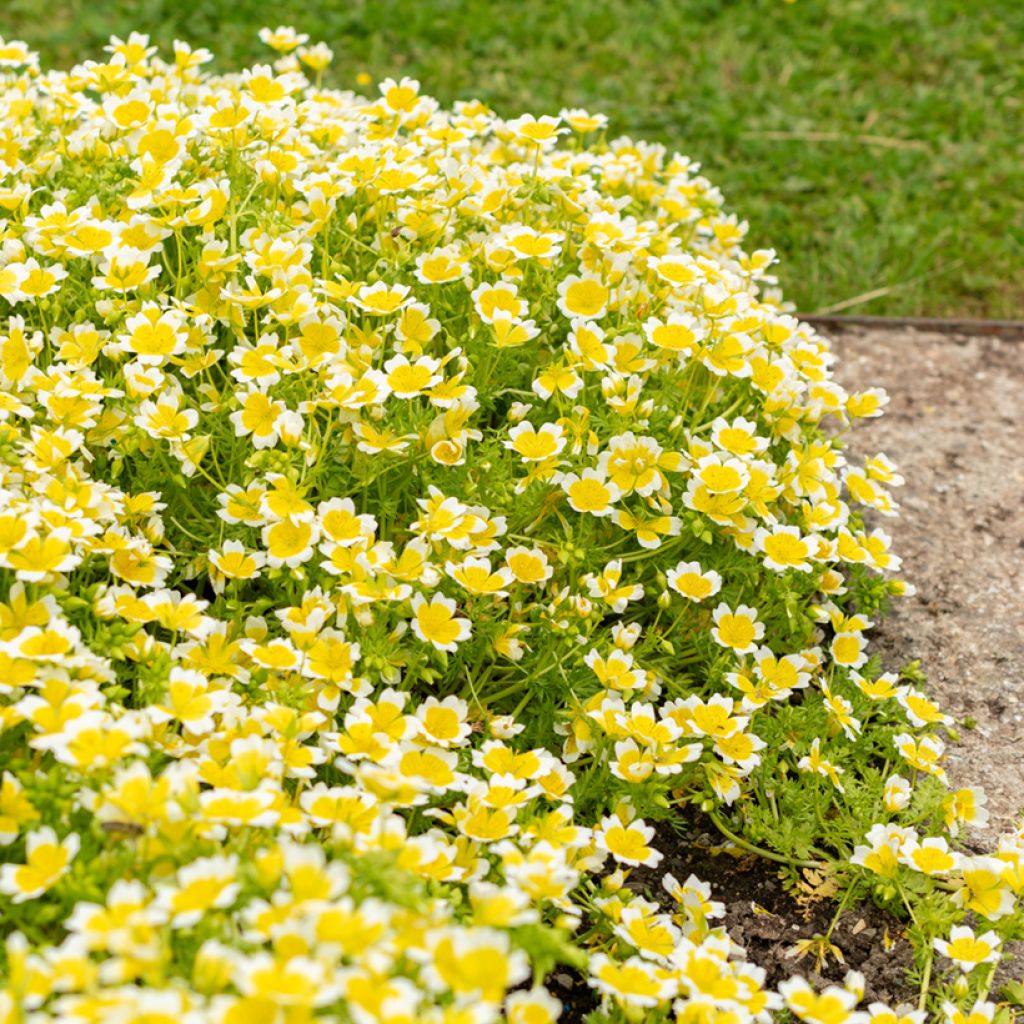

Limnanthes douglasii - Poached egg plant
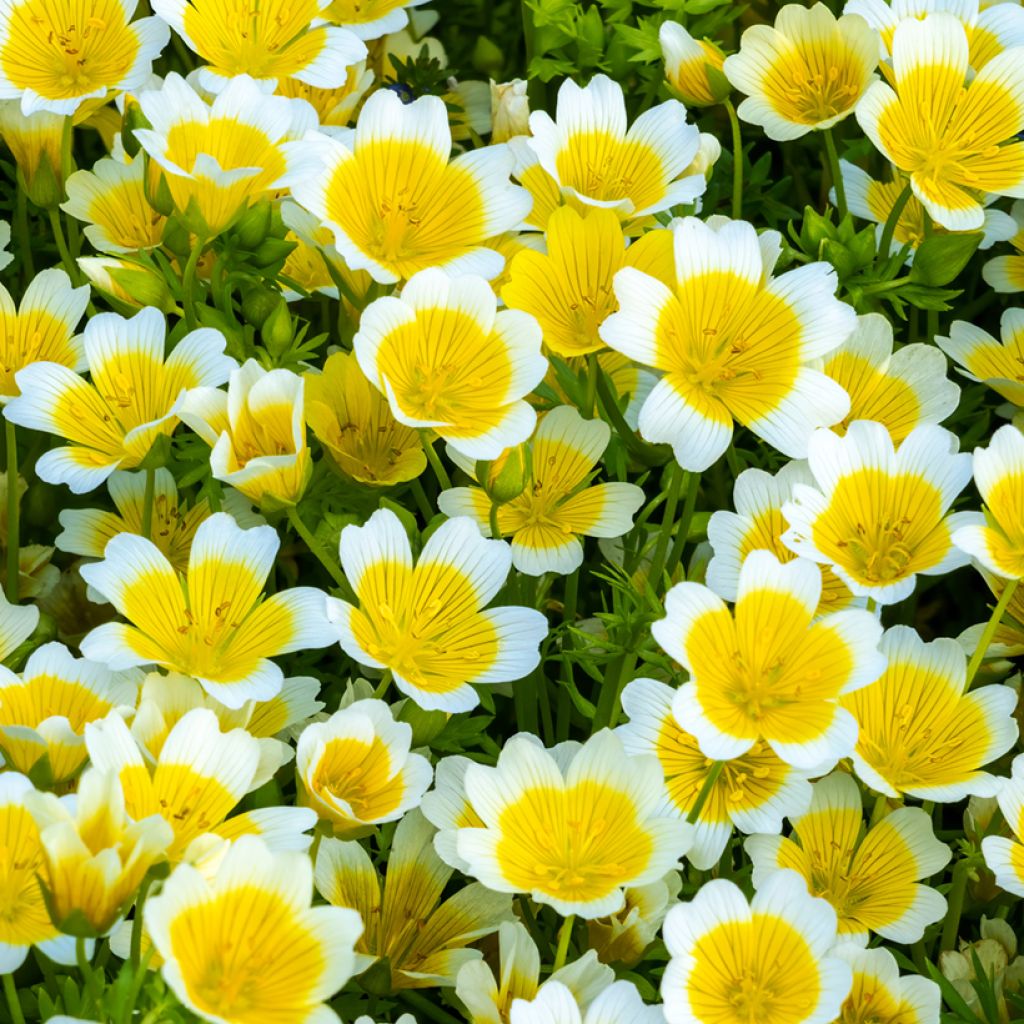

Limnanthes douglasii - Poached egg plant
Limnanthes douglasii - Poached egg plant
Limnanthes douglasii
Douglas' Meadowfoam, poached egg flower
At my place, 'fried eggs' plants self-seed from one year to the next. As they have a wandering spirit, they sometimes need to be relocated. They are lovely carefree flowers.
Nadine, 05/05/2018
This item cannot be shipped to the selected country
Dispatch by letter from €3.90
More information
Schedule delivery date,
and select date in basket
This plant carries a 6 months recovery warranty
More information
We guarantee the quality of our plants for a full growing cycle, and will replace at our expense any plant that fails to recover under normal climatic and planting conditions.
Seed-only orders are dispatched by sealed envelope. The delivery charge for seed-only orders is €3.90.
Does this plant fit my garden?
Set up your Plantfit profile →
Description
Limnanthes douglasii, also known as the poached egg flower, is a lovely small annual or biennial plant, abundantly producing fragrant golden yellow flowers with white edges, above very light pale green foliage. It thrives in sun and rich, consistently moist soil.
This poached egg plant is native to the meadows of the North American West (California and Oregon) and belongs to the Limnanthaceae family. It grows wild in humid, grassy environments such as meadows, even in poorly drained clay soils. Its short lifespan should not be seen as an obstacle, as its prolific vegetative cycle could make it appear perennial. This species forms small, thick rosettes of very fine, dissected, pale green to yellowish leaves, barely 12 cm (5in) tall and 6 cm (2in) wide. The flowering is abundant, from July to October if sowings are staggered. The fragrant, nectar-rich flowers are composed of 5 petals arranged in an open cup. This plant owes its common name to the two tones that colour it, a wide white border surrounding a golden yellow heart. After flowering, the plant quickly forms seeds and then disappears, leaving the soil bare for 2 months in summer. In September, young seedlings emerge from the ground and develop very quickly, covering the ground in about 15 days. Their foliage persists throughout the winter until flowering the following spring. This plant can form large colonies where it is happy.
Limnanthes douglasii is ideal for adding colour to the garden from spring to autumn. It is particularly suited to slightly wild and moist areas, especially near water. It is a generous flower, perfect for weekend gardens, and it easily self-seeds without any special care.
Report an error about the product description
Limnanthes douglasii - Poached egg plant in pictures


Flowering
Foliage
Plant habit
Botanical data
Limnanthes
douglasii
Limnanthaceae
Douglas' Meadowfoam, poached egg flower
North America
Other Flower seeds A to Z
Planting and care
Sow the large seeds of Limnanthes where they are to flower in April, and thin out the seedlings one month later, to one plant every 20 cm (8in). Water regularly until July when the flowering season ends. Prune the foliage halfway to stimulate growth. Harvest the seeds at the end of summer and sow them randomly, without worrying about covering them. Some of the seeds will germinate immediately, while others will germinate in spring.
Sowing period
Intended location
-
, onOrder confirmed
Reply from on Promesse de fleurs
Flower seeds
Haven't found what you were looking for?
Hardiness is the lowest winter temperature a plant can endure without suffering serious damage or even dying. However, hardiness is affected by location (a sheltered area, such as a patio), protection (winter cover) and soil type (hardiness is improved by well-drained soil).

Photo Sharing Terms & Conditions
In order to encourage gardeners to interact and share their experiences, Promesse de fleurs offers various media enabling content to be uploaded onto its Site - in particular via the ‘Photo sharing’ module.
The User agrees to refrain from:
- Posting any content that is illegal, prejudicial, insulting, racist, inciteful to hatred, revisionist, contrary to public decency, that infringes on privacy or on the privacy rights of third parties, in particular the publicity rights of persons and goods, intellectual property rights, or the right to privacy.
- Submitting content on behalf of a third party;
- Impersonate the identity of a third party and/or publish any personal information about a third party;
In general, the User undertakes to refrain from any unethical behaviour.
All Content (in particular text, comments, files, images, photos, videos, creative works, etc.), which may be subject to property or intellectual property rights, image or other private rights, shall remain the property of the User, subject to the limited rights granted by the terms of the licence granted by Promesse de fleurs as stated below. Users are at liberty to publish or not to publish such Content on the Site, notably via the ‘Photo Sharing’ facility, and accept that this Content shall be made public and freely accessible, notably on the Internet.
Users further acknowledge, undertake to have ,and guarantee that they hold all necessary rights and permissions to publish such material on the Site, in particular with regard to the legislation in force pertaining to any privacy, property, intellectual property, image, or contractual rights, or rights of any other nature. By publishing such Content on the Site, Users acknowledge accepting full liability as publishers of the Content within the meaning of the law, and grant Promesse de fleurs, free of charge, an inclusive, worldwide licence for the said Content for the entire duration of its publication, including all reproduction, representation, up/downloading, displaying, performing, transmission, and storage rights.
Users also grant permission for their name to be linked to the Content and accept that this link may not always be made available.
By engaging in posting material, Users consent to their Content becoming automatically accessible on the Internet, in particular on other sites and/or blogs and/or web pages of the Promesse de fleurs site, including in particular social pages and the Promesse de fleurs catalogue.
Users may secure the removal of entrusted content free of charge by issuing a simple request via our contact form.
The flowering period indicated on our website applies to countries and regions located in USDA zone 8 (France, the United Kingdom, Ireland, the Netherlands, etc.)
It will vary according to where you live:
- In zones 9 to 10 (Italy, Spain, Greece, etc.), flowering will occur about 2 to 4 weeks earlier.
- In zones 6 to 7 (Germany, Poland, Slovenia, and lower mountainous regions), flowering will be delayed by 2 to 3 weeks.
- In zone 5 (Central Europe, Scandinavia), blooming will be delayed by 3 to 5 weeks.
In temperate climates, pruning of spring-flowering shrubs (forsythia, spireas, etc.) should be done just after flowering.
Pruning of summer-flowering shrubs (Indian Lilac, Perovskia, etc.) can be done in winter or spring.
In cold regions as well as with frost-sensitive plants, avoid pruning too early when severe frosts may still occur.
The planting period indicated on our website applies to countries and regions located in USDA zone 8 (France, United Kingdom, Ireland, Netherlands).
It will vary according to where you live:
- In Mediterranean zones (Marseille, Madrid, Milan, etc.), autumn and winter are the best planting periods.
- In continental zones (Strasbourg, Munich, Vienna, etc.), delay planting by 2 to 3 weeks in spring and bring it forward by 2 to 4 weeks in autumn.
- In mountainous regions (the Alps, Pyrenees, Carpathians, etc.), it is best to plant in late spring (May-June) or late summer (August-September).
The harvesting period indicated on our website applies to countries and regions in USDA zone 8 (France, England, Ireland, the Netherlands).
In colder areas (Scandinavia, Poland, Austria...) fruit and vegetable harvests are likely to be delayed by 3-4 weeks.
In warmer areas (Italy, Spain, Greece, etc.), harvesting will probably take place earlier, depending on weather conditions.
The sowing periods indicated on our website apply to countries and regions within USDA Zone 8 (France, UK, Ireland, Netherlands).
In colder areas (Scandinavia, Poland, Austria...), delay any outdoor sowing by 3-4 weeks, or sow under glass.
In warmer climes (Italy, Spain, Greece, etc.), bring outdoor sowing forward by a few weeks.

































